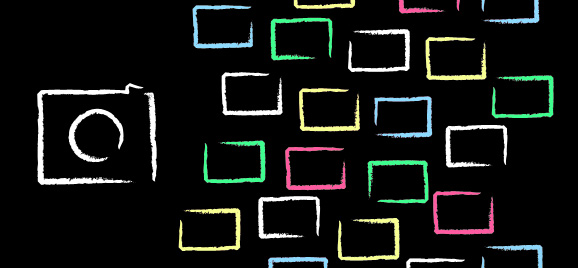Caterina Fake is the co-founder of Flickr, and recently launched Hunch, a decision-making website that is powered by the shared intelligence...

Caterina Fake is the co-founder of Flickr, and recently launched Hunch, a decision-making website that is powered by the shared intelligence of users.
I have always had an attraction for people publishing their own work and using the web as a means of self-expression; I started out very early with a personal website in 1995. Those were fairly hard to do at the time because you had to be a power user-you had to know how to do command line and you had to have a friend who had a server and all those kinds of things. But later on, all of these products were built which made it easy for people to get things online. And I think that was a major revolution that enabled Flickr to happen.Flickr was premised on the idea of sharing, and what distinguished it from the other photo sharing sites was that we defaulted the photos to "public." It turns out, that was not an insignificant thing. Sites like O-Photo, Shutterfly, and Snapfish were based on an old metaphor of sharing that had taken its cues from the non-digital world. They were looking at sharing with a small group of people, mostly family or a group of friends-long-time internet users will recall that personal publishing (blogging, having personal websites) was seen as a bit weird and eccentric.
If you go online today you will see stories about Obama sharing his private Flickr photos. So this is how far the world has come: our president is sharing photos of his life and experiences with the rest of the world, online. Our acceptance of public sharing has evolved a lot over the course of the past 15 years. And as people became increasingly comfortable sharing with each other-and the world-that lead to things that we didn't even anticipate: the smart mob phenomenon, people cracking crimes, participatory media, subverting oppressive governments. We didn't know these things were going to happen when we created the website, but that one decision-to make things public and sharable-had significant consequences.
This great influx of sharing has created a lot of media. I don't think that the people who are contributing their stuff would characterize it that way, but they have nevertheless created a lot of entertainment. The top down model where, for example, the record companies decide that we want to listen to Britney Spears, still exists. But what web 2.0 has done is given everybody a guitar, a banjo, and a mandolin, and they can go sit down in the living room and make their own music. This is challenging in some ways because media companies are used to owning all of their content, and are used to being responsible for what consumers will be-to put it harshly-subjected to. And so there is definitely a shift in the balance of power, but it favors the consumers, who are also simultaneously becoming the creators. Sharing is not without its challenges, but I think there are opportunities.
As told to Eric Steuer. Press the play button below to listen to a full version of the interview.